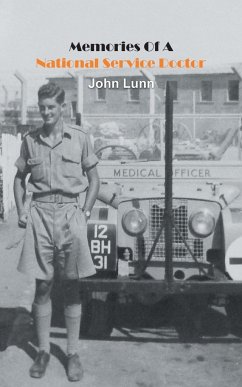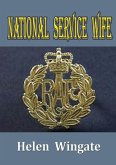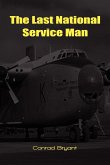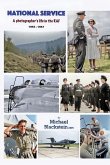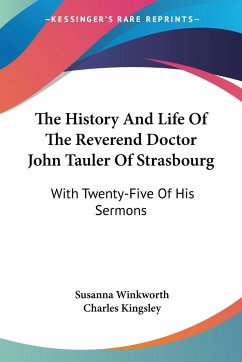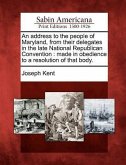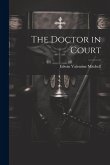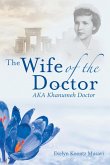Dr John Lunn, at the outset of his National Service, could not have imagined the events which lay ahead. He writes of his first year in the Suez Canal Zone--the last year of the British Army occupation. He describes his experience acting as medical officer on the tank-landing craft sailing the length of the Suez Canal to Aqaba, taking military equipment to Jordan. During his second year in the army, he was on active service in Cyprus during the EOKA campaign. Two life-threatening events are recalled. The book emphasises Dr Lunn's deep admiration for the bravery of the young National Servicemen in Cyprus when severely wounded and, also, how they coped with the loss of their comrades. He concludes the book by saying how much his life's experience was enriched by his National Service and how it gave him a lasting affection for the British Army.

